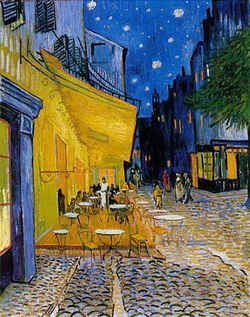
In the evening we'll sit at a pavement cafe and you'll tell me the names of the stars and how they form the constellations and I'll read your palm and tell you you'll run away with a dark haired beauty called Samantha and have three children and travel all over the world – especially South America and South East Asia – and you'll settle in France and have a vineyard and a pottery, and you'll say, 'No, how amazing, I know a girl called Samantha, stunningly beautiful, what an extraordinary future I have – when will all this happen?' and I'll say, 'Now,' and in bed that night all the stars you've named will come into our bed and zoom around in our eyes and the bed will shake till the walls shake and the pictures shake and the furniture rattles across the floor and the hotel manager rushes all over banging on doors shouting, 'Earthquake, earthquake, everyone out,' and the sweat from your body will cover me and I'll swim in your syrup and you'll swim in mine and, busted and broken in each others arms, we'll float into our paradise of sleepy dreams.
In the morning we'll take a boat to the tiny uninhabited island just off the coast and we'll say to the fisherman who takes us, 'Come back at six.' We'll find a ruined castle and, in a shady nook under a spreading tree, I'll seduce you for more of the same as we wallowed in the night before, and for the first time in my life I'll say the words, 'I love you,' and mean it, and we'll be so enamoured with our love we'll forget the time and be late for the boat back and we'll look at the setting sun and laugh and search in vain for the boat. When the fisherman comes back he’ll be angry. We’ll say sorry and giggle. Then we'll sail to the village and stand in the local bar by an open fire, me wearing your jacket, wondering how we can get back to the hotel. We'll pool what little money we have and get a taxi back and then rush inside to borrow more money to pay the driver because everything will be more expensive than we planned. We'll sleep like logs and I'll dream of your rescuing me by leaping off a cliff as I fall and taking me in you Icarian embrace and floating me into a cave full of jewels and silky splendours.
In the morning we'll rest in each other's arms and later we'll come home.
That's my weekend with you my love. Will you come? LS

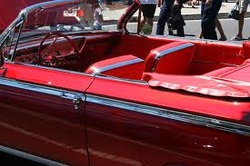

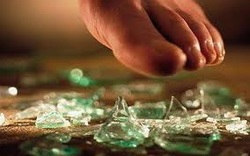
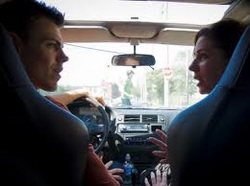
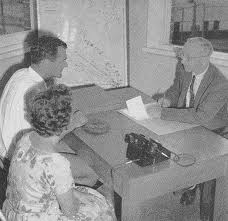


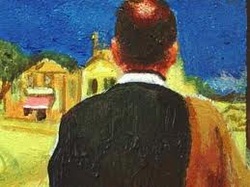
 RSS Feed
RSS Feed